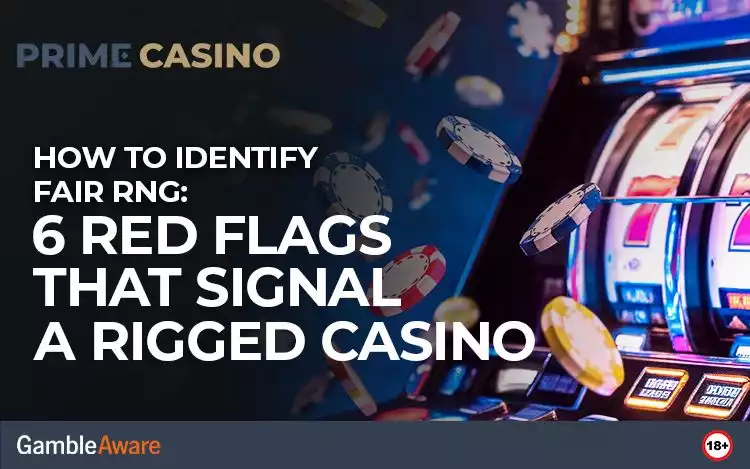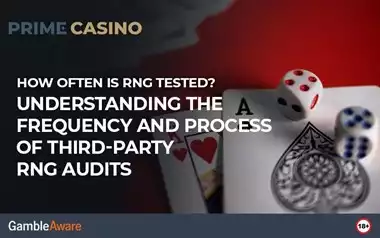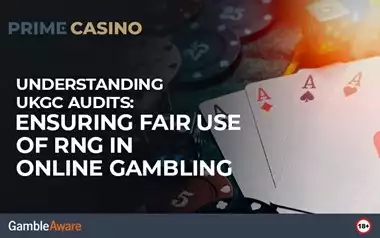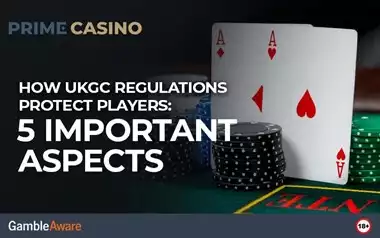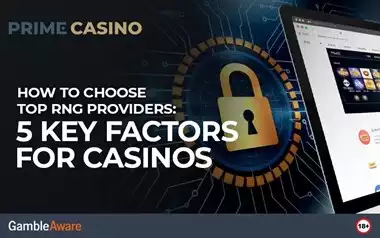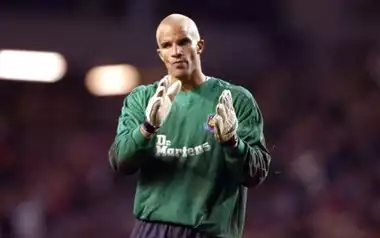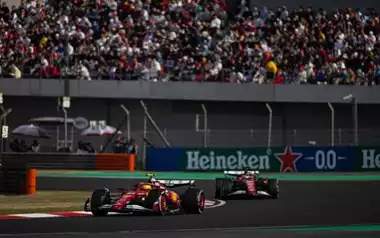Can you really trust that online casino games are fair? While reputable casinos rely on Random Number Generators (RNGs) to ensure fairness, not all platforms play by the rules. Some manipulate RNG to tilt the odds unfairly against players. How can you tell the difference?
This guide will help you identify six critical warning signs of manipulated RNG, including:
- How to recognize unusual payout patterns that signal rigged games
- The importance of proper licensing and regulatory oversight
- How to verify if a casino’s RNG is independently tested
- Why transparency in game logs and testing matters
- Signs of unfair withdrawal policies and predatory terms
- How to confirm if an RTP claim is accurate
By understanding these key factors, you can protect yourself from unfair casinos and enjoy a truly fair gaming experience.
Red Flag: Fluctuating RTP – Spotting Rigged Payouts
Fair RNG ensures a balanced distribution of wins and losses over time, adhering to the game’s expected Return to Player (RTP). If a slot with a 96% RTP consistently returns far less over thousands of spins, this could indicate tampering.
What to Watch For:
- Frequent long losing streaks far beyond statistical norms.
- Jackpots that never seem to trigger despite extensive play.
- An RTP that appears lower than advertised over time.
While short-term RTP fluctuations are normal, ongoing irregularities could signal unfair manipulation. A properly regulated casino undergoes regular testing to prevent this.
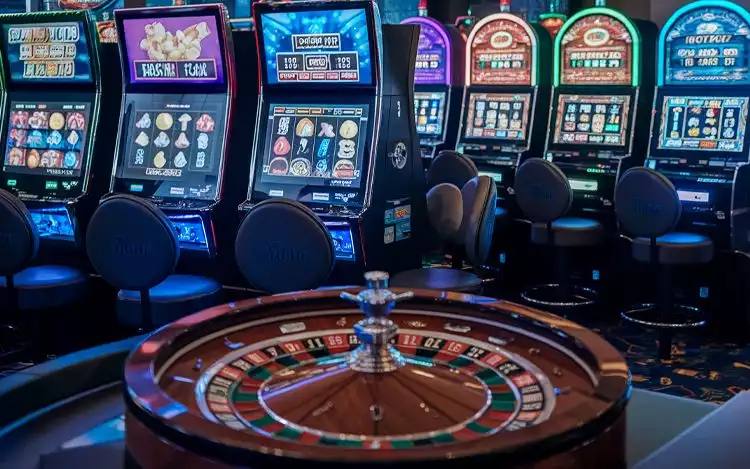
Red Flag: No Licensing – Why It Matters
Even if a top-rated casino UK claims fair RTPs, how can you be sure they are actually regulated? This is where licensing becomes crucial.
Why Licensing Matters:
- The UK Gambling Commission (UKGC) requires RNG testing before granting licenses.
- Licensed casinos must submit to regular audits from independent agencies like eCOGRA, iTech Labs, or GLI.
- Unlicensed casinos operate without oversight, increasing fairness risks.
Always check the casino’s licensing status on the UKGC public register or other regulatory bodies before playing.
Red Flag: Unverified RNG – Ensuring Fair Play
Regulated casinos have their RNG systems independently tested to ensure fair play. If a casino lacks third-party certification, it’s a major red flag.
How to Verify Fairness:
- Look for certification seals from eCOGRA, iTech Labs, or GLI on the casino website.
- Search the certifier’s website for a public record of the casino’s RNG approval.
- If a casino refuses to disclose its testing results, it’s best to avoid it.
Red Flag: Hidden Data – Lack of Transparency in Testing
Legitimate casinos offer access to game logs, allowing players to review their own gaming history. This transparency helps confirm fair play.
Warning Signs of a Manipulated Casino:
- No accessible game history for players.
- Hidden or vague information about fairness audits.
- No details about how their RNG software is tested.
Some blockchain casinos now use provably fair algorithms, allowing players to independently verify each bet's randomness. While not yet standard in all casinos, this level of transparency is a strong indicator of fairness.
Red Flag: Delayed Withdrawals – Signs of an Unfair Casino
Fair casinos process winnings promptly and have clear withdrawal policies. Untrustworthy casinos, however, often use RNG manipulation to stall or prevent payouts.
Signs of Unfair Practices:
- Unjustified delays in processing withdrawals.
- Changing withdrawal limits after big wins.
- Unclear or predatory wagering requirements.
If a casino suddenly modifies payout rules or repeatedly rejects withdrawal requests, it may not be playing fair.
Red Flag: Fake RTP Claims – How to Spot Deception
Casinos must publicly list game RTP rates, and these should match independent audit results. If a casino claims a game has a high RTP but delivers consistently poor returns, this is a major red flag.
How to Spot Deception:
- Compare the listed RTP with audits from independent testing firms.
- Read player reviews on forums or watchdog sites.
Avoid casinos that refuse to disclose RTP statistics.
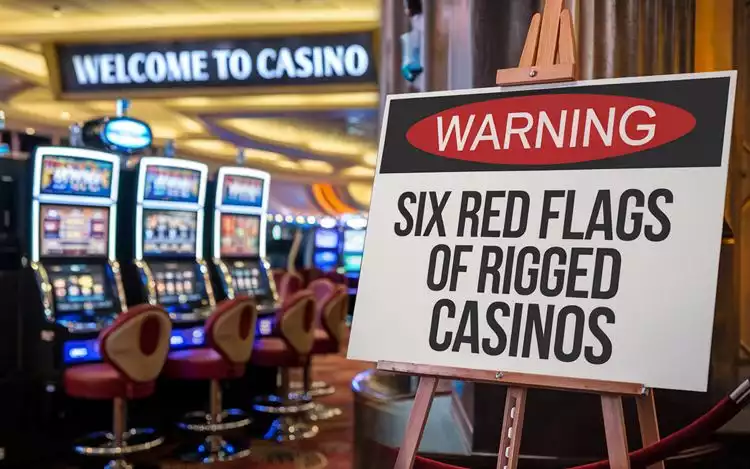
Your Casino Checklist: Avoiding the 6 Red Flags of Rigged Casinos
Fair play is your right as a player. Use this checklist to protect yourself from rigged casinos and ensure you're playing in a fair gaming environment:
- Fluctuating RTP? Check that the casino's RNG is independently tested by eCOGRA, iTech Labs, or GLI to ensure fair payouts.
- No License? Verify the casino’s UKGC or other regulatory license to confirm it operates under strict regulations.
- Unverified RNG? Look for certification seals and public audit reports to confirm the casino’s RNG is truly random.
- Hidden Data? Ensure game logs, RTP rates, and fairness audits are publicly accessible to verify transparency.
- Delayed Payouts? Be cautious of casinos that change withdrawal terms, impose unnecessary delays, or refuse large payouts.
- Fake RTP Claims? Compare stated RTPs with independent audits and player feedback to detect deceptive casinos.
By staying informed and playing only at trusted, verified casinos, you can ensure a fair and rewarding gaming experience. If you suspect unfair practices or manipulation, follow the complaints process outlined by the UK Gambling Commission (UKGC) to report the issue. Always check licensing details, third-party certifications, and player feedback before placing your bets.
Looking for a safe, exciting, and rewarding gaming experience that moves beyond expectations? Join Prime Casino, a fully licensed platform offering a wide selection of top-tier games and exceptional choice of promotions.
